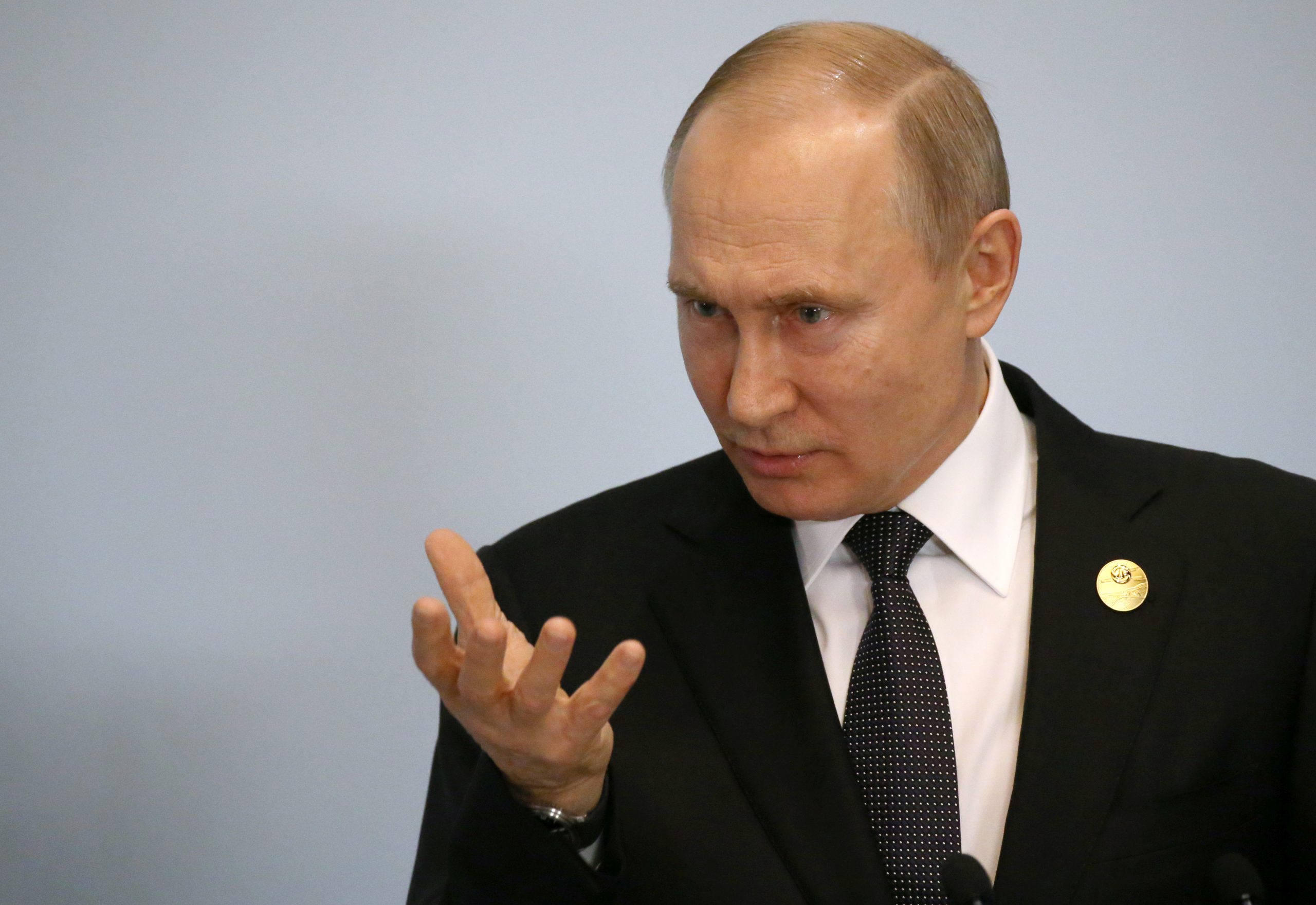Russian President Vladimir Putin has signed a controversial "Internet sovereignty" bill that strengthens the government's control over the Russian Internet.
Back in March, we reported on Putin signing two other bills that gave the Russian government the power to punish people for the online publication of fake news and insults to public officials. The latest bill focuses lower on the technology stack.
The New America Foundation published a detailed analysis of the bill back in February:
The law pulls "traffic exchange points" under the jurisdiction of the law. This year's proposed amendments define traffic exchange points as the "communications facilities" that "connect... and pass traffic between communication networks of telecommunications operators"—essentially what we refer to as Internet Exchange Points, or IXPs. The amendments set out that traffic exchange points must comply with orders from and share information with the Federal Service for the Supervision of Communications, Information Technology, and Mass Media—better known as Roskomnadzor, or Roskom. Traffic-exchange-point operators must also comply with requests from Roskomnadzor that they adjust their routing and develop the capacity to resolve domain names using the—as of yet incomplete—Russian national domain name system (DNS).
The second function of the law is to provide Roskomnadzor with authorities to centralize management over the Russian internet in cases where the "integrity, stability, and security" of the Russian Internet is threatened. The law sets out that Roskomnadzor will establish the "procedure, terms, and technical conditions for the instillation of technical means" for "countering threats," as well as the requirements for the use of this technology. Roskomnadzor can then carry out the "centralized management" of the Internet by managing these "technical means" of "countering threats" or by sending "binding instructions to telecom operators, network operators, and other persons having an autonomous system number." In addition, Roskomnadzor will be given authorities to block illegal information resources using this same technology, even when not acting as the centralized manager of the Internet. Currently, Roskomnadzor issues orders to telecoms to block undesirable information. The new authority and accompanying technology could allow Roskomnadzor to institute a national firewall similar to the Golden Shield in China.
New requirements are scheduled to go into effect on November 1, according to the Financial Times.




 Loading comments...
Loading comments...
